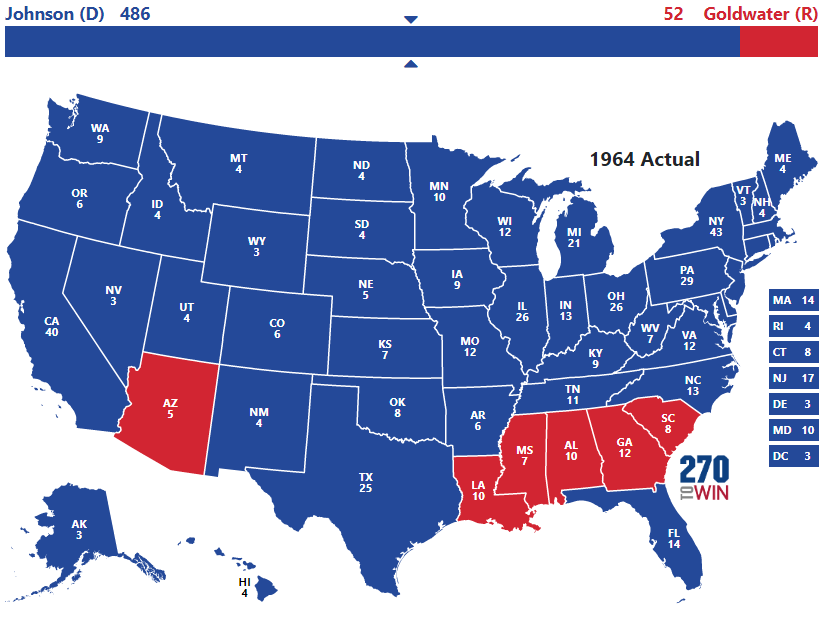What matters is who they endorse today, not yesterday. Fact is today the klan is republican.Today klan members endorse president trump and the republican party. Fact.Now tell me, if Klan being Democrat doesn't mean anything, why does it mean if they're Republican?
The Klan was made up primary of Democrats until the 60s. They have been predominantly Republican since then.
The only thing it means is that the Klan has always been predominantly white, southern, conservative Christians and have never been liberal.
Than you wont have problem to give names of five Republicans that were Klan members.
What makes you think that being conservative or Christian is relevant, but being Democrat is not.
You see, Democrats took people like that into their party and constantly trying to deny so while accusing Republicans of being the Klan party. If so, than you won't have problem to provide names or Republican Klan members. You may begin any time you like.
And?
Did they accepted the endorsement?
Unlike Republicans, Democrats didn't just accepted it, they were part of the Klan.



 You keep saying Democrat like it means something. They were Southern, white Christian conservatives that started the KKK and they are still, predominantly, southern, white Christians conservatives.
You keep saying Democrat like it means something. They were Southern, white Christian conservatives that started the KKK and they are still, predominantly, southern, white Christians conservatives.